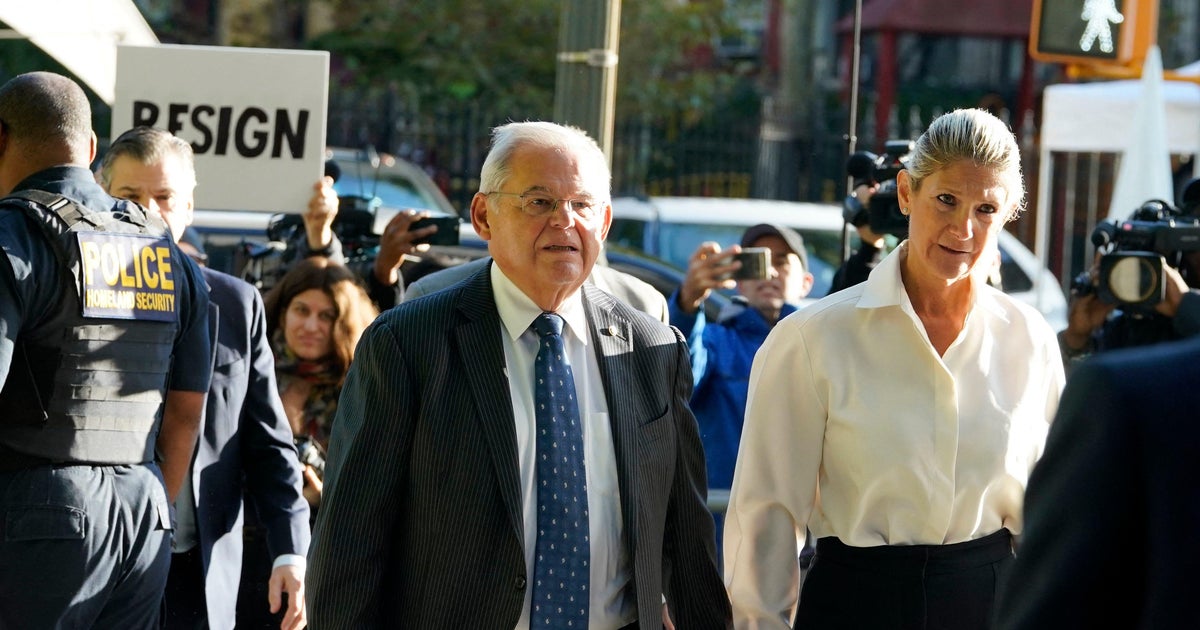Emotional town halls become centerpiece of Bernie Sanders' campaign
In many ways, September has been a rough month for Bernie Sanders and his campaign. They have dealt with staff shakeups in New Hampshire and Iowa, and multiple polls in recent weeks have shown the senator's support in early states slipping.
But on the trail, Sanders and his supporters still engage in emotional and impassioned dialogues that demonstrate the fierce devotion some have to the Vermont senator.
Earlier this week at a "Medical Debt Town Hall" in Des Moines, that loyalty was on full display. The senator spoke with a number of voters who shared personal stories of medical-related burdens – both financial and emotional.
"I was planning to sign up to get a bill to remind me of this horrible time in my life where I lost this pregnancy and lost my fertility," said April Birch. "I was despondent, I was depressed. I was wanting to die at some points."
Birch told Sanders that she suffered a miscarriage between jobs and coverage plans. She was in and out of the hospital in a one day and left with $40,000 of debt. She eventually applied for state-sponsored Medicare and her bills were paid "overnight."
Birch said she would forgo employer-sponsored health care "without a second thought," because of the relief Medicare provided her.
"Out of all the presidential candidates, you're the one that I trust to make this happen," she told Sanders.
What Sanders is trying to make happen is a two-pronged approach to fundamentally restructure the American health care system through "Medicare for All" and his medical debt forgiveness plan.
Medicare for All, Sanders' signature proposal, would establish a single-payer government healthcare program and eliminate private insurance, except for cosmetic procedures. The system would be paid for by rebalancing the federal budget. On the trail, Sanders often argues that the average family would pay more in taxes, but ultimately save more money than they are today.
Sanders' medical debt forgiveness plan would call for the government pay outstanding medical bills, and cancel the debt from credit scores. It would also rework bankruptcy and debt collections rules.
For his supporters, Sanders' policies promise a balm to overwhelming pain.
One attendee at Sunday's town hall told Sanders debt collectors entered her son's room while he was being cared for in the ICU.
"They had to call security on me because I lost my mind," she said. "There's no way out for us other than you, Bernie."
As others shared their stress and agony, audience members wiped tears from their eyes. Sanders at times paced back and forth, shaking his head as he stared at the ground. The senator consoled those who shared.
"You're among friends," he told them.
The event came about a week after a Reno, Nevada town hall where a veteran with stage-IV Huntington's disease told Sanders he was so overwhelmed with medical debt that he contemplates taking his own life.
"It's heartbreaking. This is the wealthiest country in the history of the world. We should not have people delaying the medical treatment they need, not taking their medicine, going bankrupt." Sanders told CBS News Monday. "It is an outrage, it is cruel, it is barbaric."
A 2016 Kaiser Family Foundation and New York Times survey found that more than 25 percent of Americans struggled to pay a recent medical bill. Last year the health care journal Heath Affairs found that one in six have unpaid medically-related dues. Fifty-three percent of those bills, according to the report, were $600 or less. In all, they estimated American medical debt totaled $81 billion.
Sanders' debt-waving health care platform aims to alleviate financial and physical stress, as does his plan to cancel all student debt and make public universities and HBCU's tuition free.
To balance that spending, Sander's introduced an "Extreme Wealth Tax Plan" Tuesday morning in Iowa.
"Enough is enough. We are going to take on the billionaire class, substantially reduce wealth inequality in America and stop our democracy from turning into a corrupt oligarchy," said Sanders.
The plan would tax the ultra-wealthy in eight different brackets. Americans with a net worth between $32-50 million would pay a one percent tax. That progresses by one percent for those with more wealth, capping at an eight percent tax for Americans worth more than $10 billion.
He joins HUD Secretary Julian Castro and Senator Elizabeth Warren in calling for a tax increase on the wealthiest Americans. But no other Democratic candidate for president has proposed the cancelling of medical debt.
It is that on paper comparison, most notably with Warren, that has been the thorn in the Sanders campaign side.
Recent polls have shown Sanders behind and dropping in Iowa and New Hampshire, while others show him ahead. But at Sanders events, his supporters show unwavering devotion to him.
"I'm a doctor, I've got a prescription and it's Medicare for All," said one medical debt town hall attendee. "We're leaving here today with another prescription in our pocket. That prescription is you, senator. Eighteen months from now, it's "Mr. President."
On the road it's clear that Sanders' appeal burns bright in the eyes of his supporters. His challenge this election is to get that fire to not just burn bright, but burn wide across the country.



